Could reimagining play reshape childhood? 21st Europe argues for playgrounds as infrastructure
A new blueprint by think tank 21st Europe and Spacon calls for playgrounds to be treated as vital civic infrastructure – on par with museums, stations and energy grids
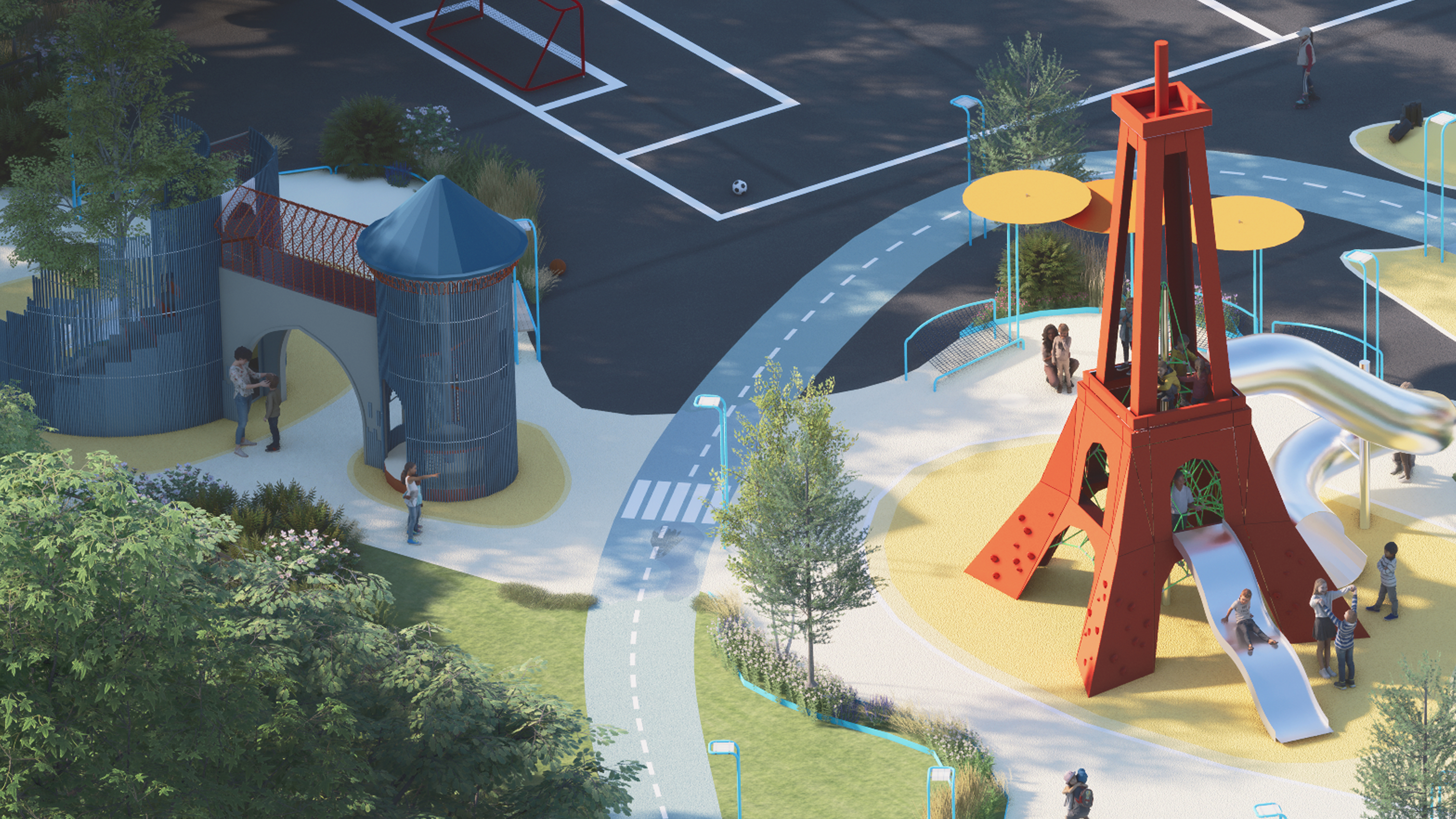
Parents and caregivers of the 80 million children living in Europe may not be surprised to learn that in many cities, less than 10 per cent of public space is designed with the youngest in mind. Finding a home with safe green communal space or a playground within walking distance is often a challenge. Even where they do exist, playgrounds are often uniform, unimaginative, or sidelined. Many caregivers will share stories of broken or unsafe equipment, a lack of shade, or inadequate shelter.
Hoping to change this picture is 'Continent of Play', a blueprint published by 21st Europe, a new think tank founded by Copenhagen-based entrepreneur Kaave Pour (who previously headed Ikea's Space10). The plan calls for significant investment in playgrounds, elevating them to the level of civic infrastructure – every bit as essential as transport networks, cultural venues or energy grids. At its core is the argument that playgrounds are vital social spaces, where families gather, strangers become neighbours and trust takes root.
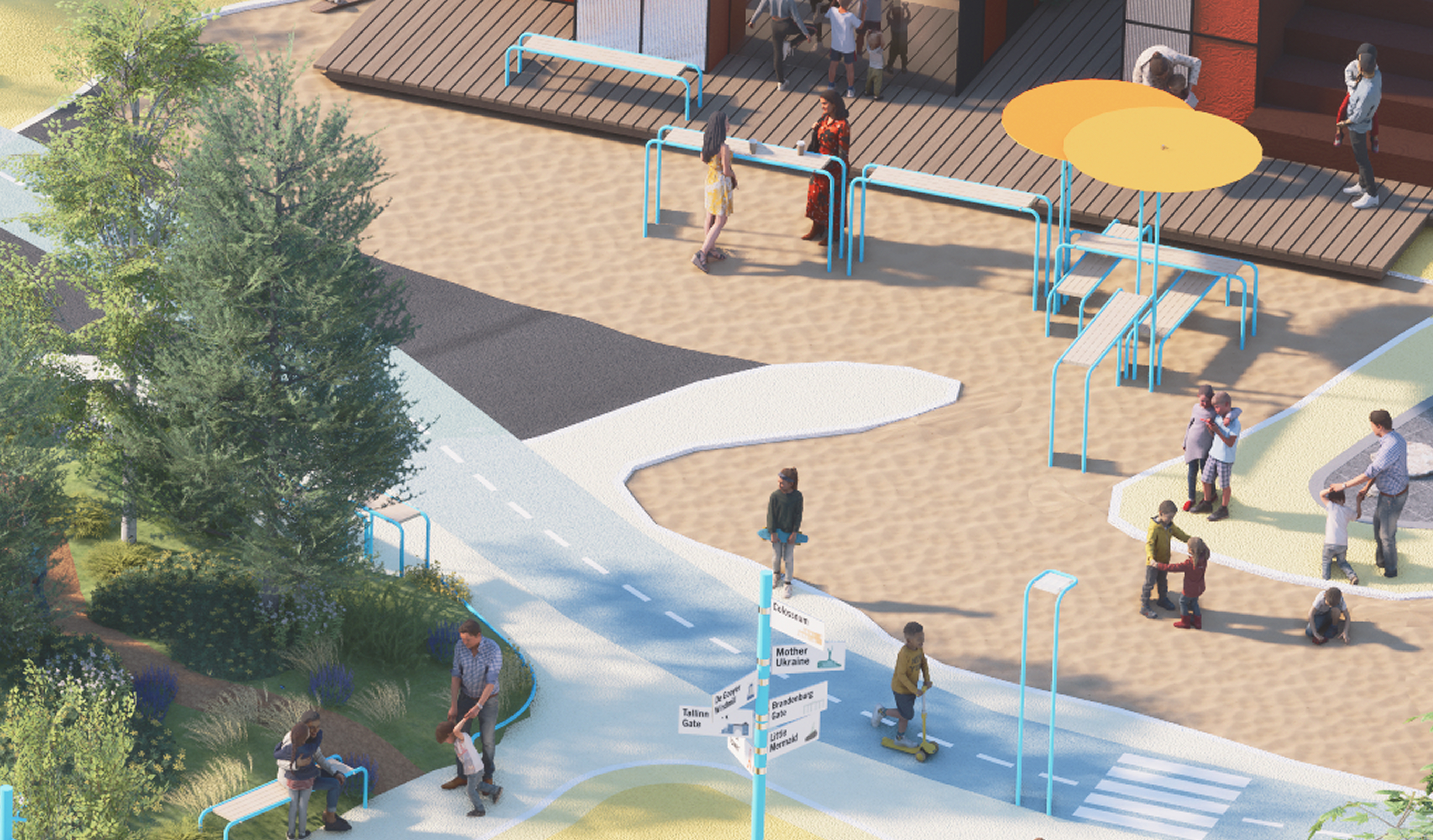
The report, published online, argues that prioritising cars and commerce over open space has been a short-sighted move. Research shows that children with daily access to high-quality play environments are 30 per cent more active, achieve better academically, and experience less stress and isolation. In contrast, a lack of play infrastructure is linked to rising obesity and widening inequality.
‘Parks and green areas are not amenities but infrastructure for health and resilience – cooling cities, absorbing rainwater, and offering shelter during extreme weather’
Continent of Play report
There are also environmental benefits: ‘Parks and green areas are not amenities but infrastructure for health and resilience – cooling cities, absorbing rainwater, and offering shelter during extreme weather,’ it notes. ‘Urban green areas lower city temperatures by an average of 1°C, with local effects of up to 2.9°C – a critical buffer as Europe faces more frequent heatwaves.’
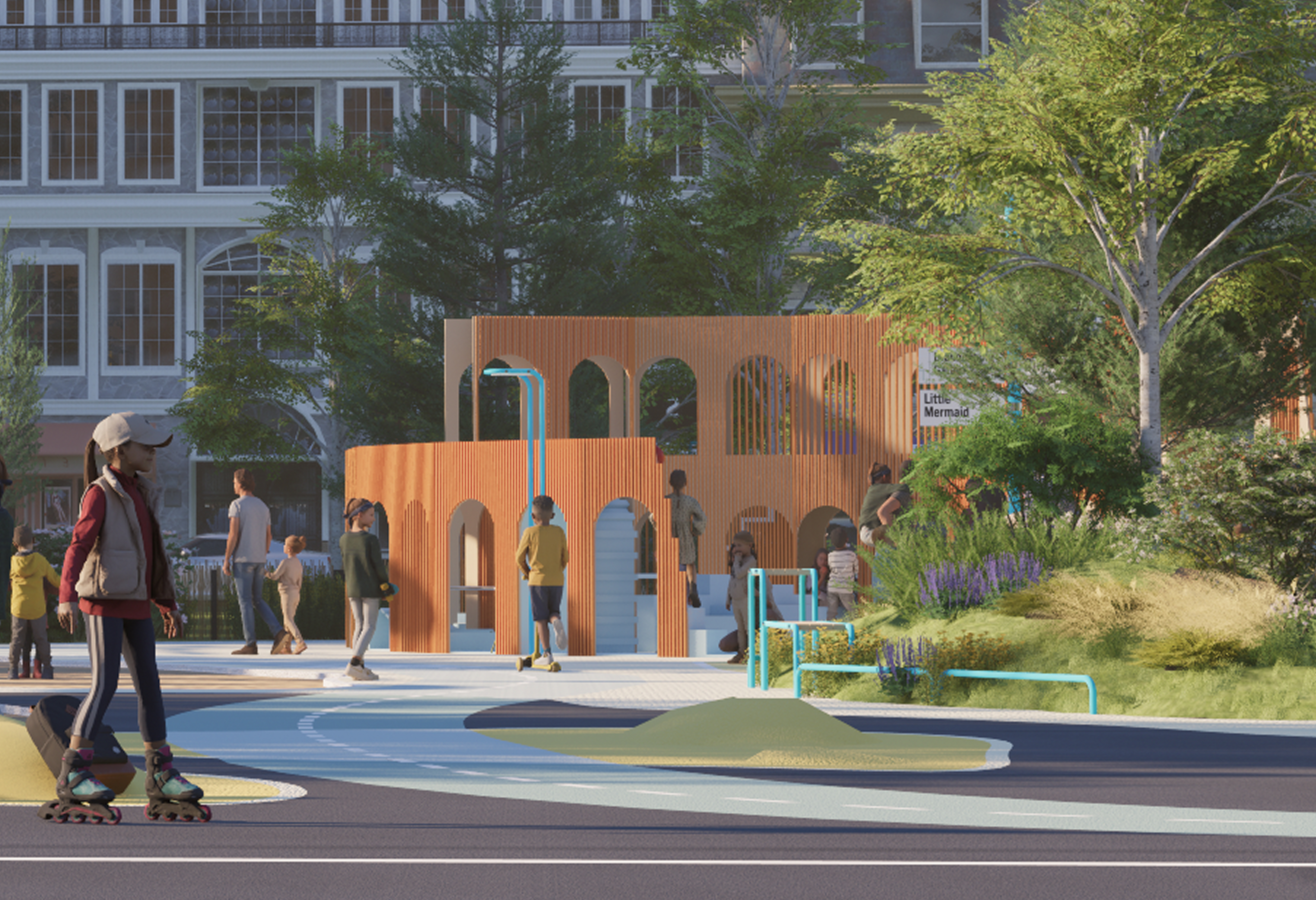
To create the blueprint, 21st Europe worked with Copenhagen-based architects Spacon, alongside experts in play, infrastructure, and policy, to ensure 'Continent of Play' is a practical framework rather than just a vision. The proposal was unveiled last week at a summit hosted at Designmuseum Denmark, with the hope that governments, cities, and institutions will rise to the challenge.
‘Architecture has always shaped how we live together,’ says Spacon’s Nikoline Dyrup Carlsen, whose practice has designed a system of modular play equipment for the proposal. ‘Playgrounds are among the few public spaces where design directly shapes childhood, community, and culture. If we treat them with the same ambition as museums or stations, they could become defining civic landmarks for the century ahead.’
‘Playgrounds are among the few public spaces where design directly shapes childhood, community, and culture. If we treat them with the same ambition as museums or stations, they could become defining civic landmarks for the century ahead’
Nikoline Dyrup Carlsen, Spacon
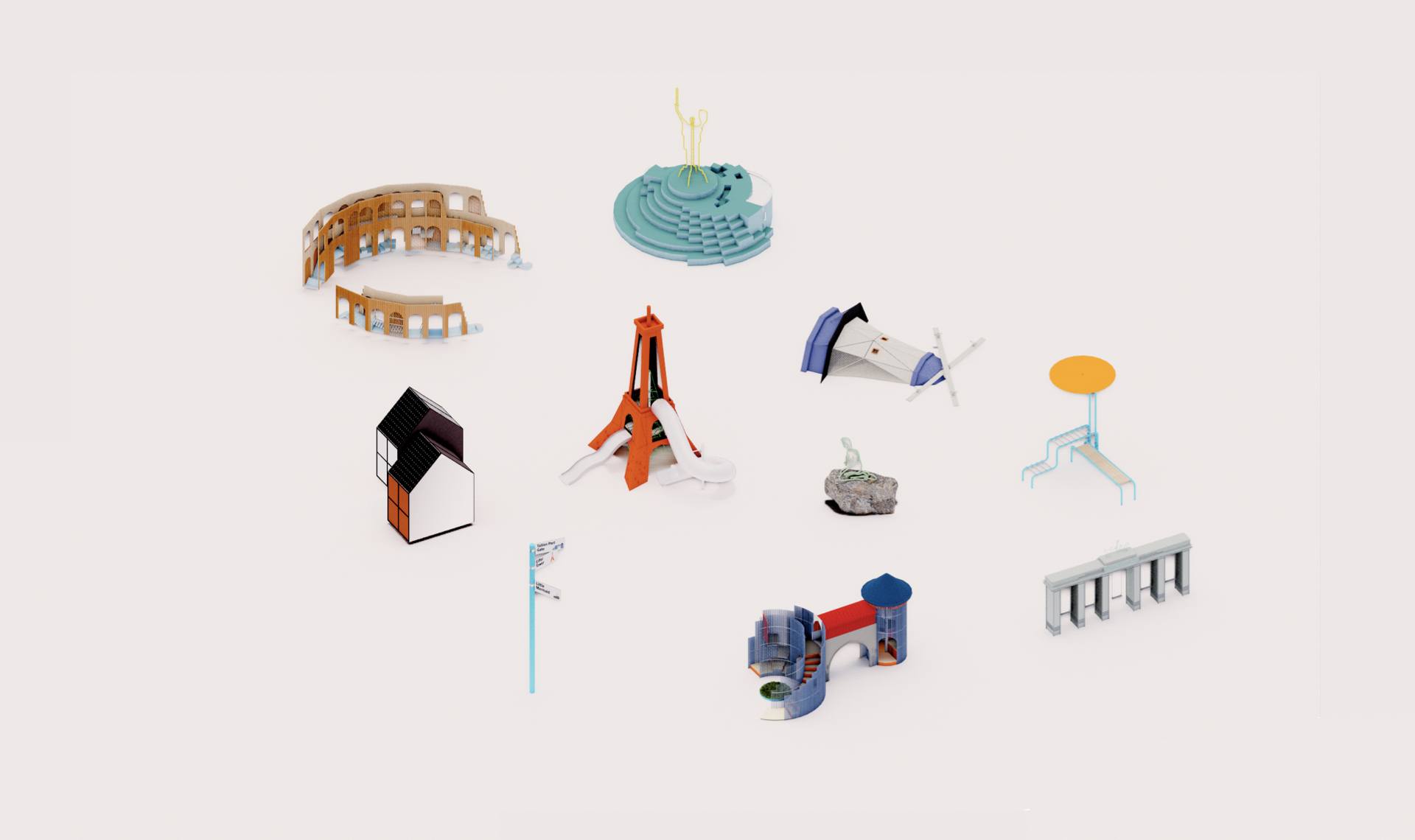
The modular equipment proposed is designed for multiple modes of play: active and physical, social and collaborative, imaginative and reflective. In this way, playgrounds can remain relevant across age groups. The components are made from local materials wherever possible – timber, recycled metals, natural composites – reducing carbon footprints while embedding each site in its regional context. The flat-pack design allows them to be deployed quickly across urban, suburban, and rural areas, and adapted as neighbourhoods evolve.
Receive our daily digest of inspiration, escapism and design stories from around the world direct to your inbox.
‘Dedicating even 1 per cent of EU infrastructure budgets to play could fund over 100,000 new playgrounds within a decade – enough to reshape childhood across the continent,’ the report states. ‘In times of war and economic uncertainty, some may ask: is play really what Europe should be focusing on? For 21st Europe, the answer is yes.’
21st-europe.com
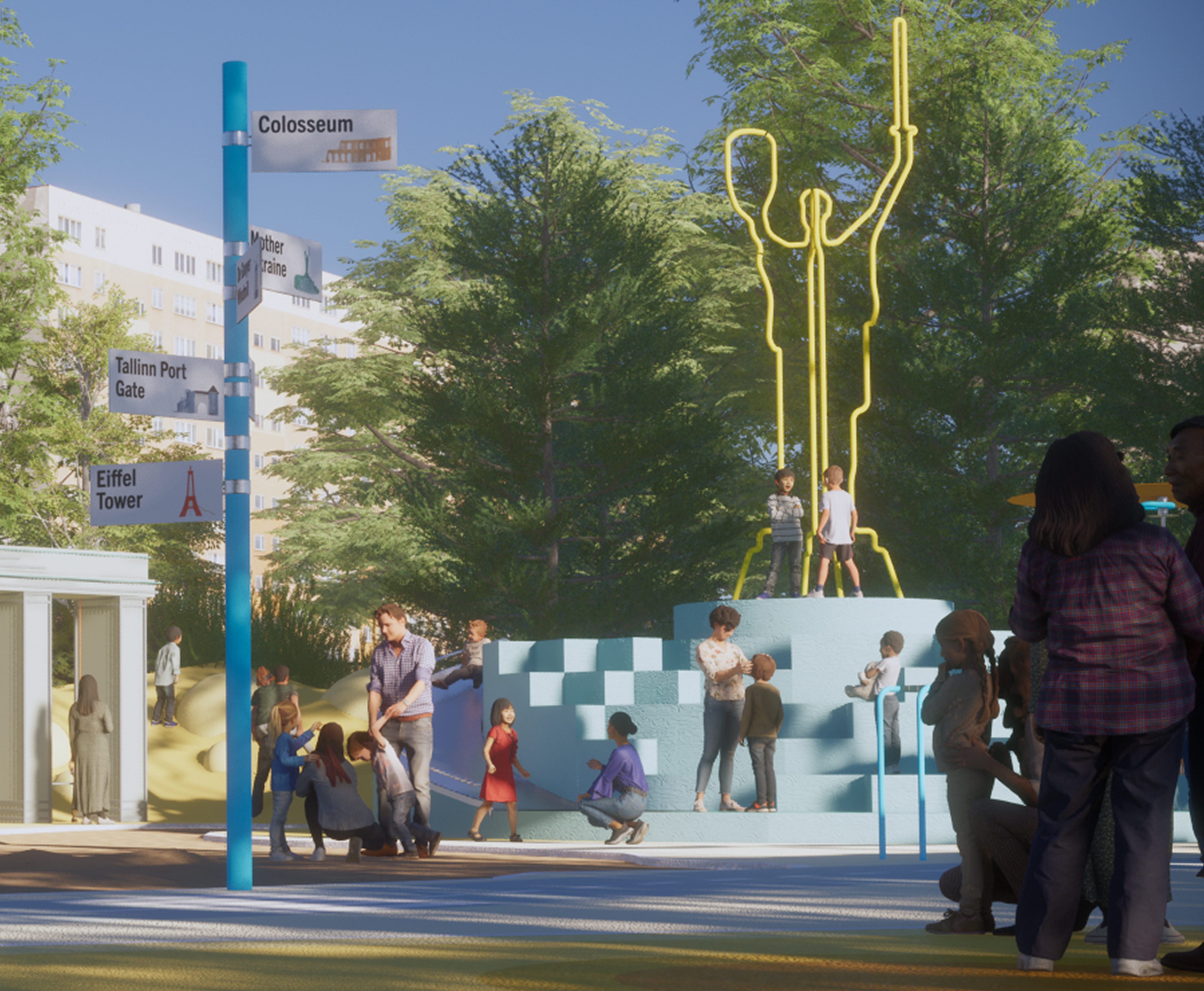
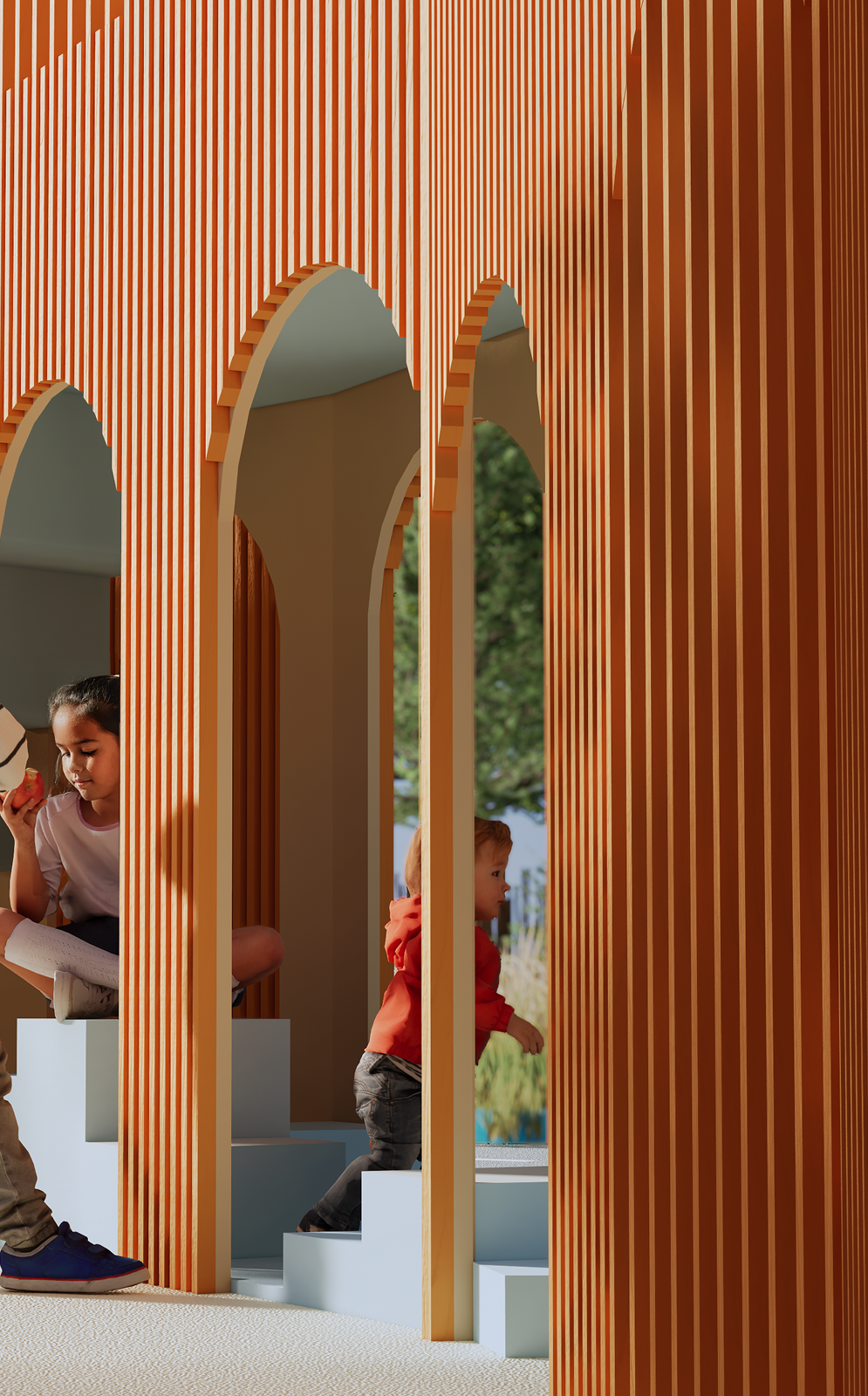
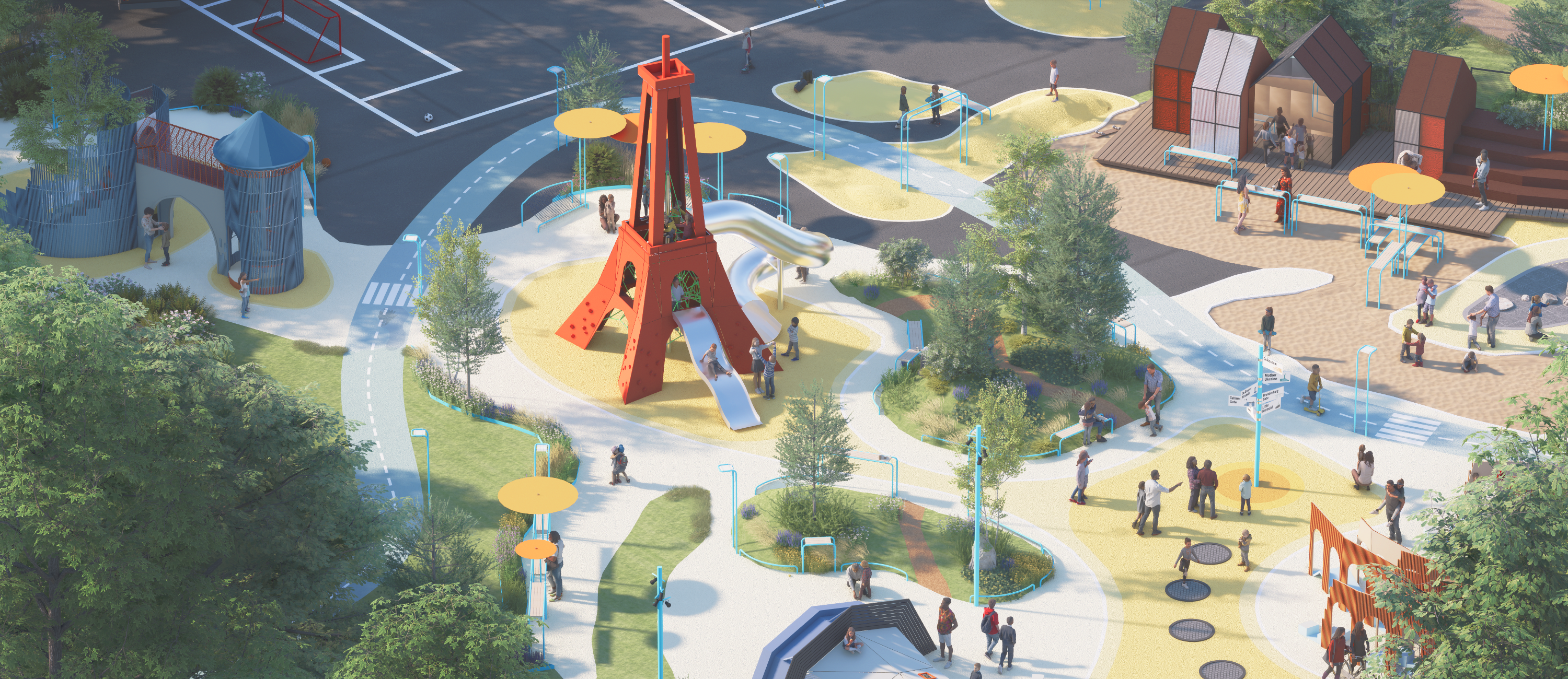
Ali Morris is a UK-based editor, writer and creative consultant specialising in design, interiors and architecture. In her 16 years as a design writer, Ali has travelled the world, crafting articles about creative projects, products, places and people for titles such as Dezeen, Wallpaper* and Kinfolk.